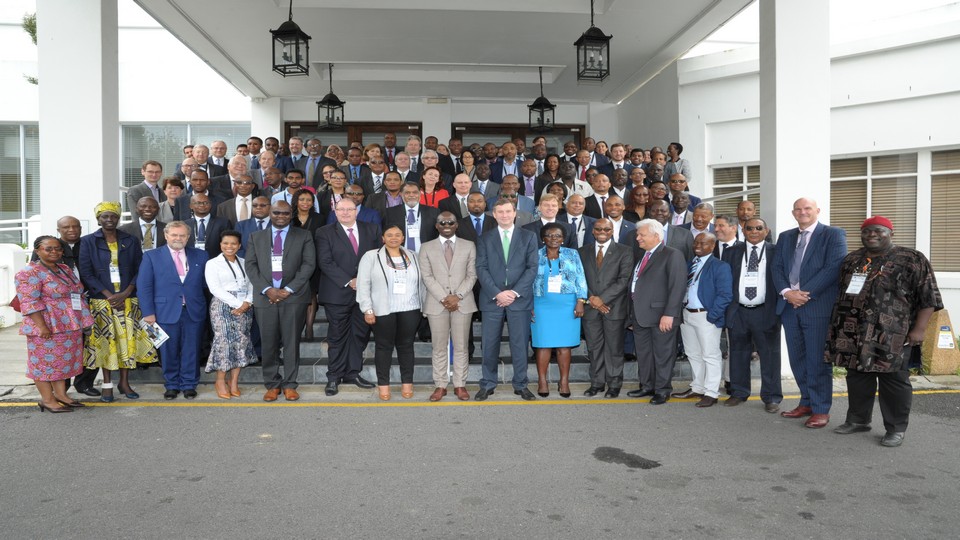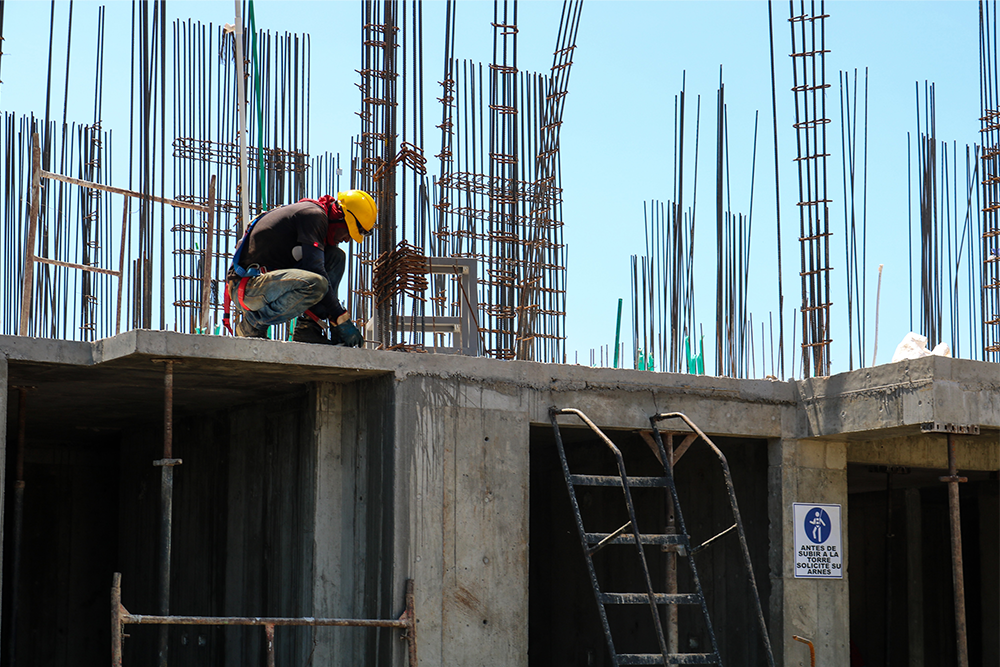Articles
Filter by
196 results found
Articles
The Miundo Misingi Hub capacity-building program in Africa is improving collaboration between the public and private sectors and shifting the continent's infrastructure financing.
Read time: 3 minutes
Published
22 Feb 2023
View article


Articles
Developing infrastructure that is sustainable, resilient and inclusive is a complex endeavour and it is even more so in emerging markets.
Read time: 3 minutes
Published
30 Oct 2020
View article


Articles
How can collaboration models and public intervention close the infrastructure gap to increase the value that 5G brings?
Read time: 5 minutes
Published
19 Jul 2023
View article


Articles
How can governments deliver quality infrastructure outcomes?
Read time: 2 minutes
Published
23 Jan 2019
View article


Articles
Ahead of the G20 Finance Ministers and Central Bank Governors meeting this week, GI Hub CEO Marie Lam-Frendo provides insights into the actions we’re helping advance in our work with the G20.
Read time: 5 minutes
Published
11 Jul 2022
View article


Articles
Climate change poses a significant threat to infrastructure, with rising sea levels, extreme weather phenomena, and escalating temperatures posing substantial physical risks. These hazards can lead to the degradation of crucial infrastructure assets, undermining social, economic, and environmental stability.
Recent analysis by EDHECInfra, as featured in the Global Infrastructure Hub's Infrastructure Monitor report, underscores the scale of the situation. Projections based on current climate and policy scenarios indicate that by 2050, infrastructure assets could see a net value decline of 4.4% on average, and up to 26.7% in the most severe scenarios. This depreciation is a direct consequence of the lack of resilience of global infrastructure to the effects of climate change.
The consequences of inaction are far-reaching, affecting not just the financial performance of assets, but also the economic, environmental, and social fabric of communities worldwide. One promising strategy to mitigate these risks involves the adoption of a systemic resilience metrics (SRM) framework tailored specifically to infrastructure.
Read time: 5 minutes
Published
06 Mar 2024
View article


Articles
In March 2021, the Global Infrastructure Hub (GI Hub) and Infrastructure Australia hosted the inaugural International Forum of Infrastructure Bodies (I-Bodies). The golden thread running throughout the forum was the pivotal role I-Bodies play in either strategic planning for infrastructure or funding and financing infrastructure in their jurisdictions.
Read time: 4 minutes
Published
15 Jun 2021
View article


Articles
These five social infrastructure trends are not new concepts, but the rate at which they are appearing all over the world is staggering.
Read time: 3 minutes
Published
01 Sep 2020
View article


News
A major factor hindering infrastructure implementation and delivery is the absence of good governance, according to the 130 delegates from 27 countries who came together for the first Regional Roundtable on Infrastructure Governance in Cape Town in November.
Read time: 1 minute
Published
22 Jan 2018
View article


Articles
Integrating ESG into infrastructure decisions requires a systematic and verifiable governance (implementation) approach of a projects ability to reduce environmental and social risk alongside long-term value for investors
Read time: 4 minutes
Published
19 May 2022
View article


Articles
In response to a call for submissions issued by the GI Hub and eight multilateral development banks (MDBs) in March 2023, nearly 50 technology providers submitted solutions to make roads more sustainable in emerging markets.
Read time: 2 minutes
Published
19 Apr 2023
View article


Articles
Drawing on current global developments, GI Hub CEO Marie Lam-Frendo offers five recommendations for how governments can act within the 4Ps of planning, policy, performance, and partnership to leverage infrastructure for economic and social outcomes, and to support the low-carbon transition.
Read time: 5 minutes
Published
08 Jun 2023
View article


Articles
As a budding entrepreneur, honing your pitch is critical to securing funding and support. Here are some of the do’s and don’ts when it comes to developing and presenting a strong pitch.
Read time: 4 minutes
Published
10 Sep 2020
View article


Articles
Find out how water scarcity is shifting infrastructure development.
Read time: 2 minutes
Published
15 Oct 2020
View article


Articles
COVID-19 is the worst crisis since the Great Depression, and it will take significant innovation on the policy front to recover from this calamity.
Read time: 7 minutes
Published
27 Oct 2020
View article


Articles
Founded in 2022, the GI Hub’s Private Sector Advisory Council (PSAC) acts as a crucial bridge for dialogue, input, and action that aims to increase private sector participation in sustainable infrastructure.
Read time: 3 minutes
Published
06 Jul 2023
View article


Articles
Inflation continues to soar globally, the IMF forecasts inflation will rise from 4.7 percent in 2021 to 8.8 percent in 2022. In India, wholesale inflation has remained in double digits for more than a year. The IMF now expects global growth to slow from 6.0 percent in 2021 to 3.2 percent in 2022 and 2.7 percent in 2023.
Read time: 6 minutes
Published
22 Jun 2022
View article


Articles
Banks are leaders in structuring and financing private investment in new projects, however recent banking regulations discourage them from prioritising infrastructure
Read time: 7 minutes
Published
22 Jun 2023
View article






















